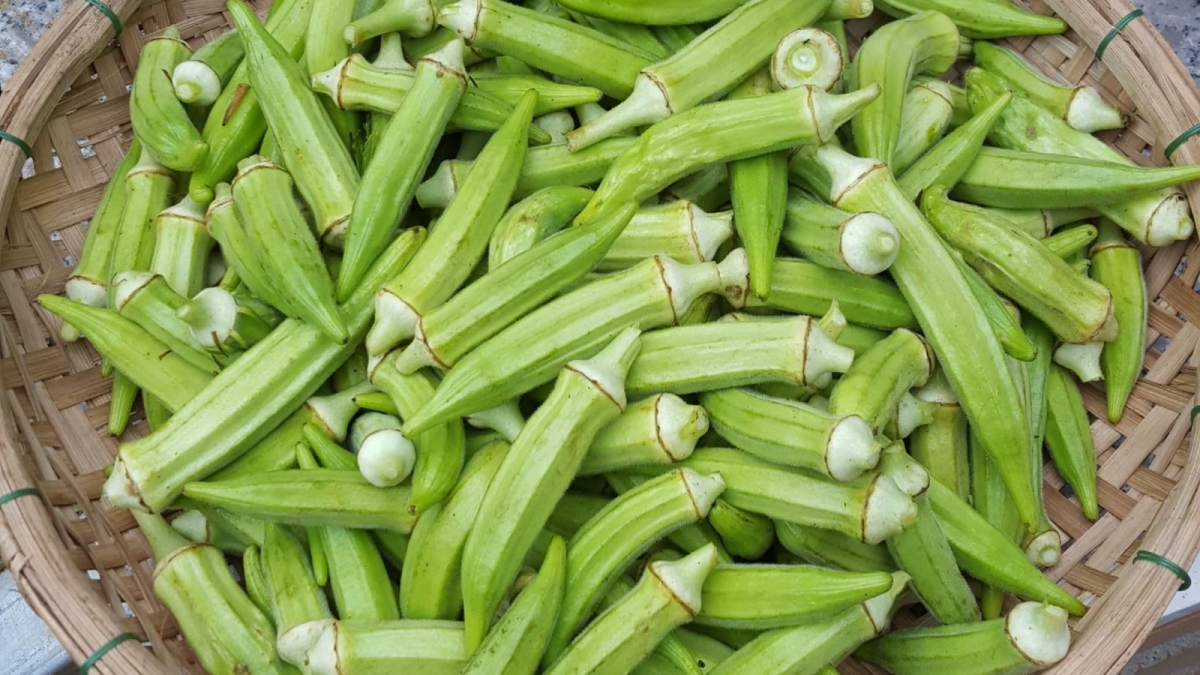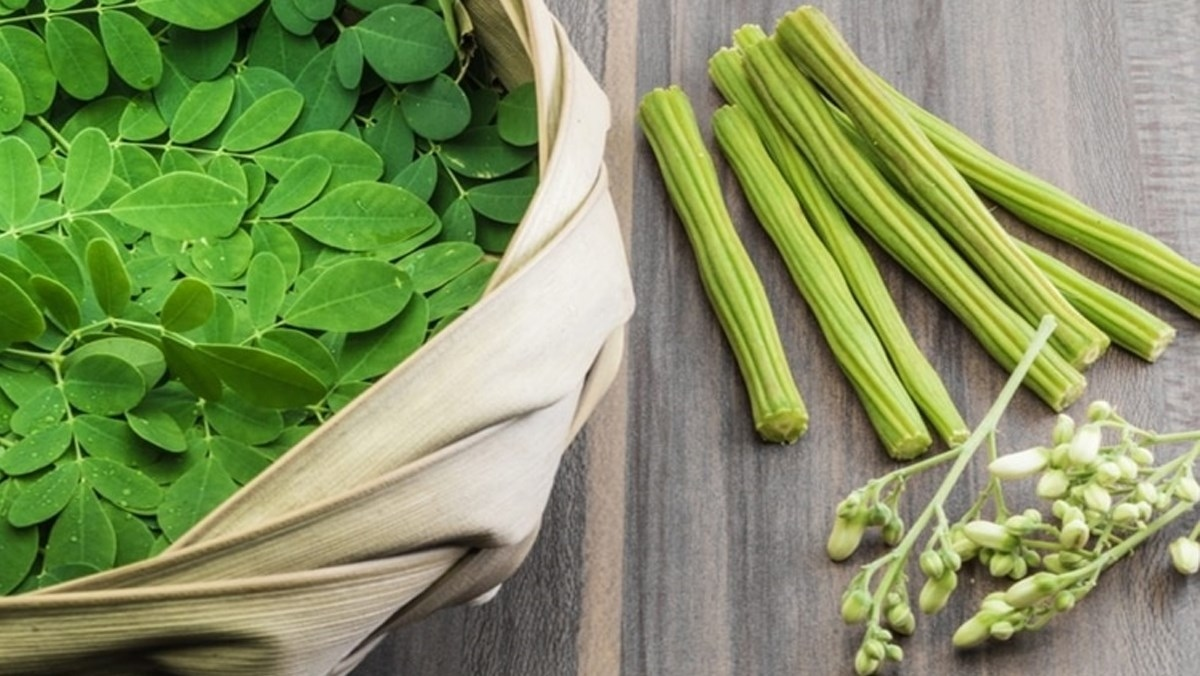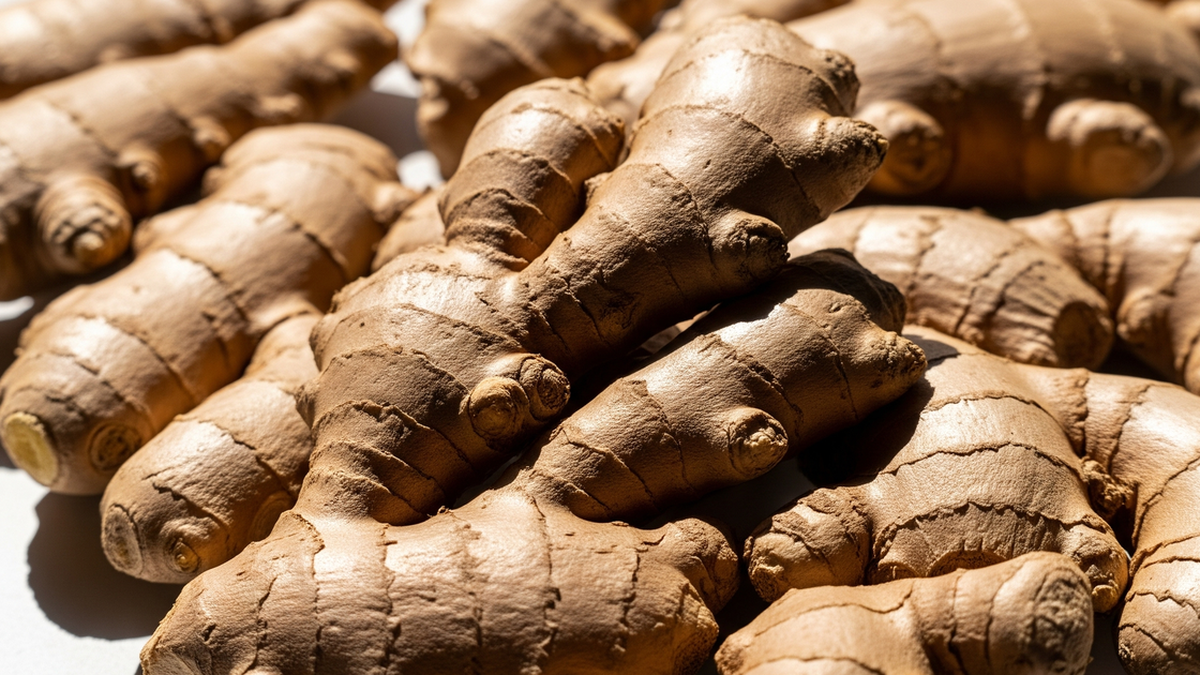There are some herbs that are great for diabetics to help manage their blood sugar levels. However, there are also some herbs that should be avoided while taking prescription diabetes medications. Here are some commonly used herbs that may pose risks to your diabetes medications.
Bitter herbs
Bitter herbs have been shown to curb sugar cravings, relieve gas and bloating, improve digestion, help maintain healthy blood sugar levels, and balance appetite. However, experts point out that bitter herbs may pose risks for people with diabetes taking metformin, a drug used to treat type 2 diabetes, especially in those who are overweight.
Researchers found that although the bitter herb has a blood sugar-lowering effect, when taken with metformin, it reduces the blood sugar-lowering effect of metformin. The bitter herb that health experts are referring to is aloe vera, a component of certain bitters, which may be responsible for the reduced effectiveness of metformin.
Okra

Okra, scientifically known as Abelmoschus esculentus, has long been touted as a health food. Furthermore, medical research shows that okra promotes skin health, protects the health of infants, prevents certain cancers, and strengthens bones. It also reduces total cholesterol levels, supports the immune system, and reduces blood pressure.
However, experts warn against eating okra or drinking its water extract at the same time as metformin. Because it can reduce the ability of diabetics to absorb this prescription drug, thereby reducing the effectiveness of blood sugar control.
Mango leaves
Mango leaves - especially their extracts - have been used to treat asthma and diabetes for centuries. They improve insulin production and glucose distribution. They also lower bad cholesterol. However, mango leaves have the potential to interact with most prescription medications used to control blood sugar in diabetes.
Moringa

Moringa has been used extensively to treat and prevent diseases such as diabetes, heart disease, anemia, arthritis, liver disease, and respiratory, skin, and digestive problems.
Moringa may lower blood sugar levels just as well as diabetes medications. But taking moringa along with diabetes medications might cause blood sugar to go too low. Therefore, the dosage of diabetes medications may need to be changed.
The researchers also pointed out that the concomitant use of moringa with prescription drugs such as Sitagliptin may affect blood sugar control with the negative consequence of diabetic retinopathy.
Ginger
Ginger is widely used in herbal remedies for nausea, motion sickness, menstrual cramps, and joint pain associated with osteoarthritis. Some studies have also shown that fresh ginger protects against cancer. Ginger also plays an important role in lowering blood sugar levels. However, when ginger is taken with metformin or other diabetes medications, it can cause life-threatening hypoglycemia.
Hypoglycemia is dangerous because it can cause fainting and death without immediate medical attention. Symptoms of hypoglycemia include shakiness, sweating, hunger, difficulty thinking clearly, dizziness, difficulty speaking, or loss of consciousness.
Neem Tree
Research shows that neem extracts reduce plaque or gingivitis, protect against insect bites, treat malaria and diabetes.
Experts say that if diabetes medications (including oral diabetes medications and insulin) are taken with neem, drug interactions may occur. These interactions may increase the risk of hypoglycemia.
A 2015 study found that concomitant use of neem leaf extract with two diabetes medications (glibenclamide and glimepiride) may adversely affect treatment outcomes, especially when prolonged use of the herb reduces patient safety.
According to health experts, some supplements and herbs can lower blood sugar and cause it to drop too low when taken with metformin. Herbs and supplements in this category include ginseng, magnesium, aloe vera, bitter melon, bilberry, dandelion, fenugreek, garlic, gymnema, lipoic acid, and carmitine.
According to vov.vn
Source link





































































































Comment (0)